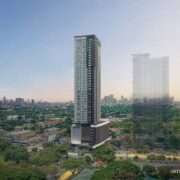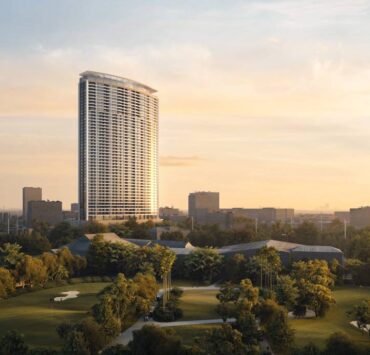Global brands jazz up PH real estate
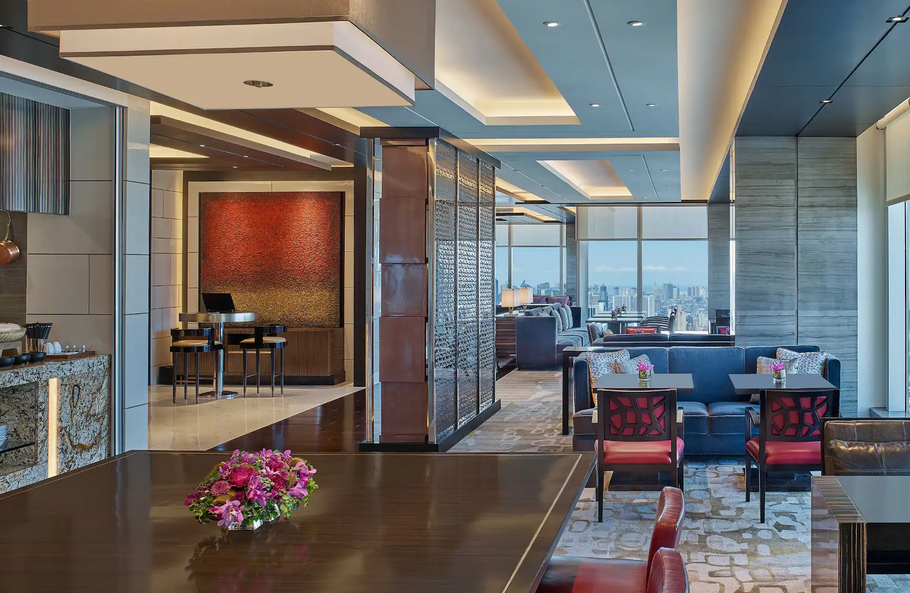
Partnerships between local and foreign developers are transforming real estate in the Philippines, redefining luxury living and hospitality.
Examples like Marco Polo in Cebu, Shangri-La, Grand Hyatt Manila, and similar brand developments illustrate how these collaborations elevate property values and entice an international audience.
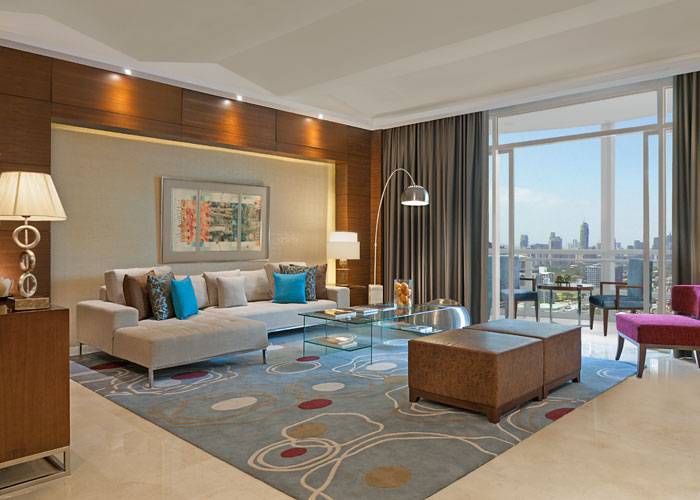
Enhanced property values
Projects associated with international hotel brands or luxury real estate developers often command higher prices due to brand recognition.
This distinction translates to trust, which is critical for investors and buyers. According to market reports, foreign brands linked to hospitality or residential developments typically see a 10 to 20 percent premium in their pricing compared to similar properties without international associations.
Globally renowned brands uphold elevated standards, offering quality tastes and maintaining uniformity. When these brands partner with established local developers, they introduce a refinement and quality assurance level that strongly appeal to discerning purchasers and investors who prioritize these attributes when making acquisition decisions.
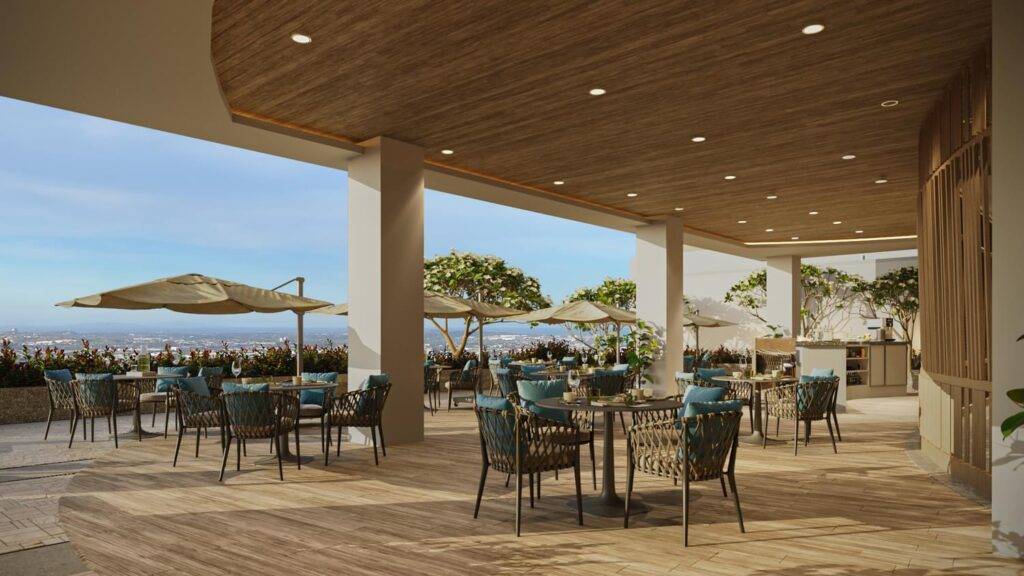
Heightened international interest
Increased foreign direct investment in the real estate sector leads to job creation, infrastructure improvements, and greater demand for ancillary services such as property management, finance, and construction.
In tourism-heavy locations like Cebu and Boracay, these developments also help attract tourists, many of whom stay longer or invest in vacation properties after experiencing the hospitality that these well-established brands offer.
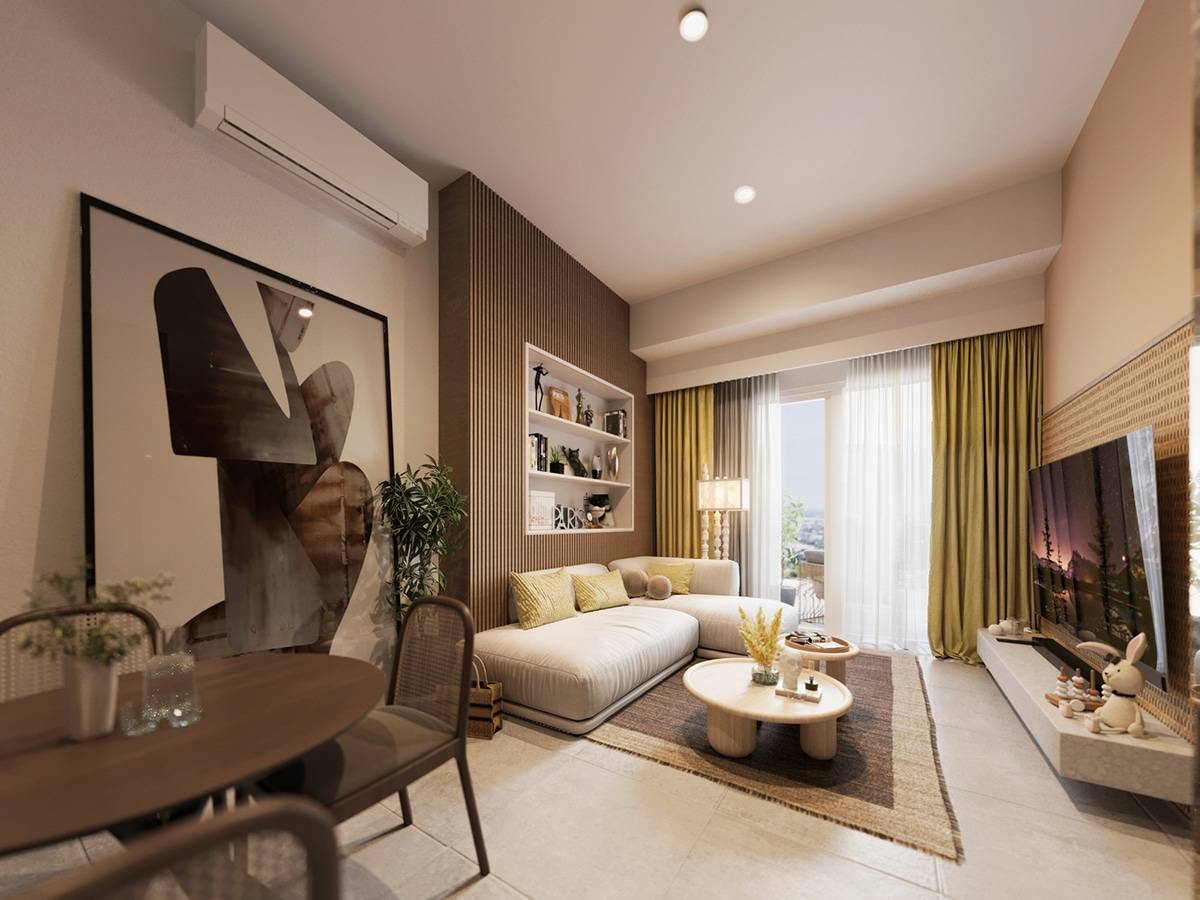
World-class standards
International brands have stringent quality control measures, innovative construction techniques, and cutting-edge design principles. These standards meet and often exceed local regulations, ensuring that properties adhere to best practices in global safety, sustainability, and aesthetics.
Many foreign developers bring with them the latest in construction technology, ranging from modular building techniques to sustainable materials. These innovations reduce construction timelines, improve cost-efficiency, and help developers adhere to environmental standards that are increasingly important to buyers and governments.
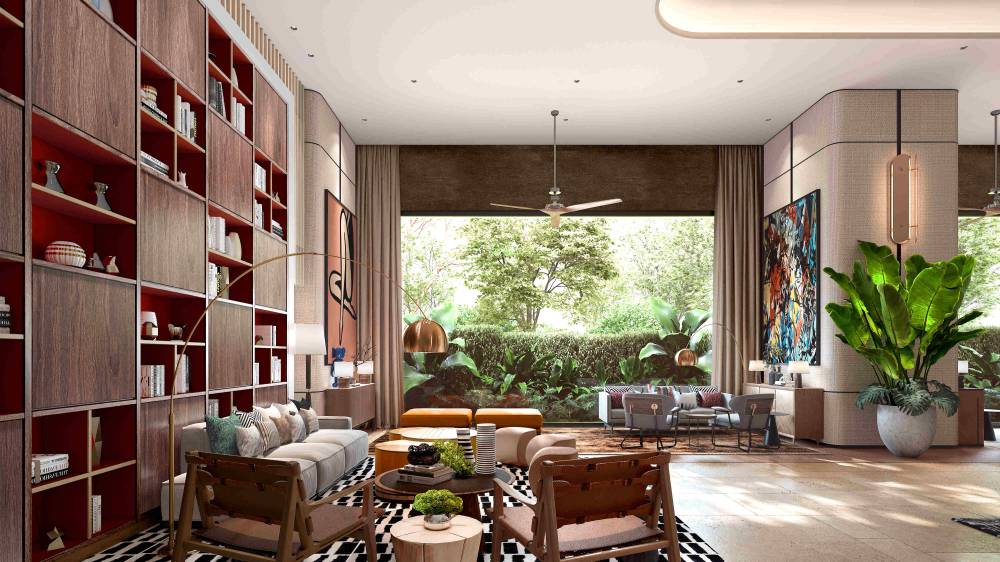
Operational expertise
The collaboration between foreign brands and local firms is often a two-way street.
While foreign brands bring innovation and global expertise, local developers offer critical insights into the Philippine market, including regulatory requirements, cultural considerations, and consumer preferences. This synergy creates developments that are well-suited to both local and international tastes.
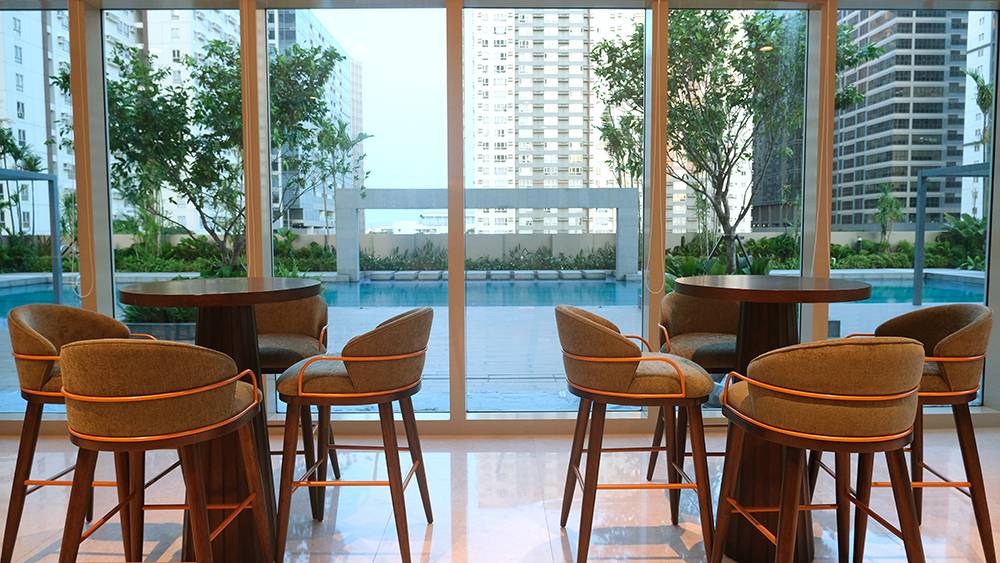
Long-term economic, social benefits
On a social level, these alliances also contribute to urban development and infrastructure improvements.
Projects backed by foreign investors and developers often require upgraded infrastructure, such as better roads, utilities, and transportation networks. These improvements benefit the projects and the surrounding communities, contributing to a higher standard of living.
As new business hubs and mixed-use developments rise across the country, the need for world-class standards will only grow. Foreign partnerships will remain essential in meeting these demands, ensuring that Philippine real estate continues evolving with global trends.
The author (www.ianfulgar.com), is a leading architect with an impressive portfolio of local and international clients. His team elevates hotels and resorts, condominiums, residences, and commercial and mixed-use township development projects. His innovative, cutting-edge design and business solutions have garnered industry recognition, making him the go-to expert for clients seeking to transform their real estate ventures













